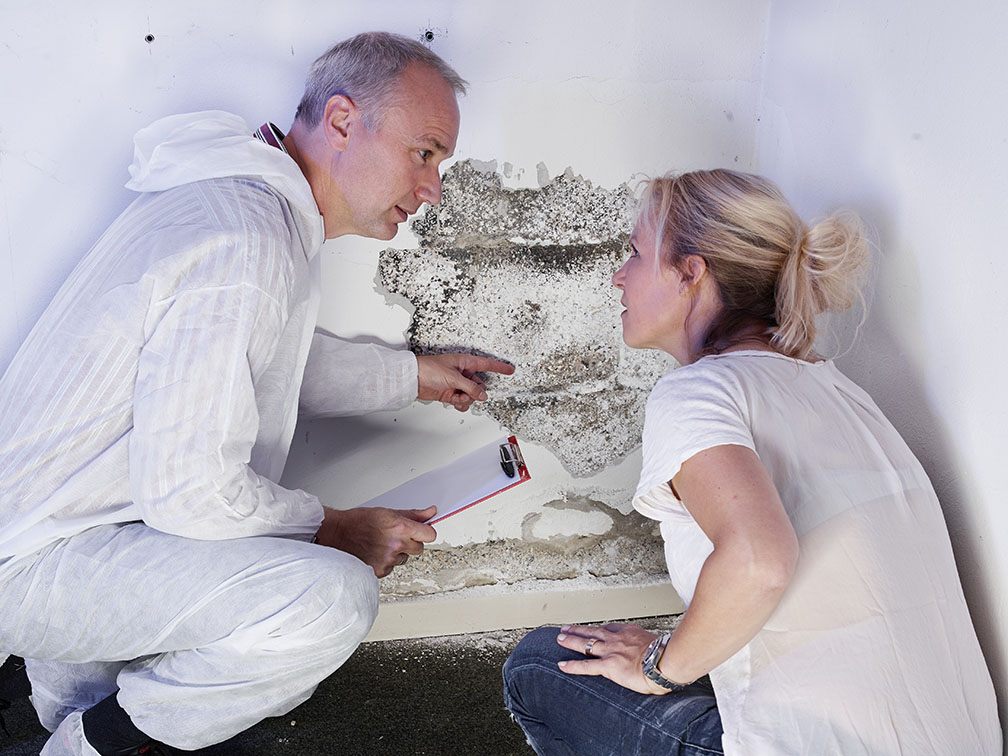Finding Your Latte Factor: 3 Ways to Find the Money to Make Extra Mortgage Payments
 It’s not uncommon for a homeowner to want to pay more than the minimum monthly mortgage payment on their home. However, just because it can seem hard to come up with the funds on a monthly basis doesn’t mean it’s not possible to find the money for extra mortgage payments each year. If you’re wondering how you can pay down your mortgage debt much sooner with extra money, here are some tricks you may want to try.
It’s not uncommon for a homeowner to want to pay more than the minimum monthly mortgage payment on their home. However, just because it can seem hard to come up with the funds on a monthly basis doesn’t mean it’s not possible to find the money for extra mortgage payments each year. If you’re wondering how you can pay down your mortgage debt much sooner with extra money, here are some tricks you may want to try.
Relinquish Your Refund
Many people look forward to tax time because it’s an opportunity to spend their refund on shopping, dining or a much-needed vacation. However, using your tax refund to pay down your debt can actually be a satisfying way to put more down on your mortgage and achieve something lasting from that extra bit of cash. While you may want to set some aside for an outing or a special treat, the amount remaining on your mortgage will seriously benefit from the extra payment.
Re-Tool Your Budget
If you’ve been successful at making your mortgage payments, it’s likely that you have a working budget that you stick to each month. But like any plan, a budget can change. If you haven’t done so in a while, it’s worth sitting down to re-calculate your monthly income and expenses. There’s a good chance that some expenses exist that you can pare down or get rid of entirely. While it may not make a significant difference in one month, small amounts will add up over time.
Plan A Yard Sale
It’s easy to acquire a lot of things that you don’t necessarily use, whether it’s technology or kitchenware or home decorations. Fortunately, planning a yard sale for your infrequently used items can be a great way to come up with a small fortune to pay off your mortgage sooner. Of course, you’ll need to be ready to haggle to get the prices you’re looking for. And don’t forget to get the locals involved and make it a neighborhood event for even more selling success.
It may seem nearly impossible to come up with the money to put more down on your mortgage, but using your tax refund and re-tooling your budget can easily add up to savings that make a difference! If you’re considering buying a new home in the future, contact one of our mortgage professionals for more information.

 Last week’s economic news included readings on new and existing home sales, Case-Shiller Home Price Index reports and an announcement by the Federal Open Market Committee of the Federal Reserve. Weekly readings on mortgage rates and new jobless claims were also released.
Last week’s economic news included readings on new and existing home sales, Case-Shiller Home Price Index reports and an announcement by the Federal Open Market Committee of the Federal Reserve. Weekly readings on mortgage rates and new jobless claims were also released. There are so many small details involved in the final purchase of a home that it can be easy to lose track of the things that need to be done. While you won’t be able to forget about a home inspection, a pest inspection can be every bit as important before you sign on the dotted line. If you’re wondering why you shouldn’t forego this important step, consider the following information.
There are so many small details involved in the final purchase of a home that it can be easy to lose track of the things that need to be done. While you won’t be able to forget about a home inspection, a pest inspection can be every bit as important before you sign on the dotted line. If you’re wondering why you shouldn’t forego this important step, consider the following information. Are you considering buying a home for the first time? For some, it can seem nearly impossible to come up with the funds for the down payment. Fortunately, there are a few ways that you can save a little over time and not have to borrow from the “Bank of Mom and Dad”. If you’re looking to invest in a home in the short-term and are looking for solutions to save up, here are some tips on how to get to your down payment amount more quickly.
Are you considering buying a home for the first time? For some, it can seem nearly impossible to come up with the funds for the down payment. Fortunately, there are a few ways that you can save a little over time and not have to borrow from the “Bank of Mom and Dad”. If you’re looking to invest in a home in the short-term and are looking for solutions to save up, here are some tips on how to get to your down payment amount more quickly. Outside of the significant financial responsibility of delving into home ownership, there can also be a lot of other risks involved that you may not have thought about before investing in a home. You’ll need to protect your home against theft or burglary. And homeowner’s insurance to protect your home and belongings is almost a requirement. But there are other less common occurrences you may not have thought about. If you happen to be living in an area that’s at high risk of fire, here are some things to consider beforehand.
Outside of the significant financial responsibility of delving into home ownership, there can also be a lot of other risks involved that you may not have thought about before investing in a home. You’ll need to protect your home against theft or burglary. And homeowner’s insurance to protect your home and belongings is almost a requirement. But there are other less common occurrences you may not have thought about. If you happen to be living in an area that’s at high risk of fire, here are some things to consider beforehand.